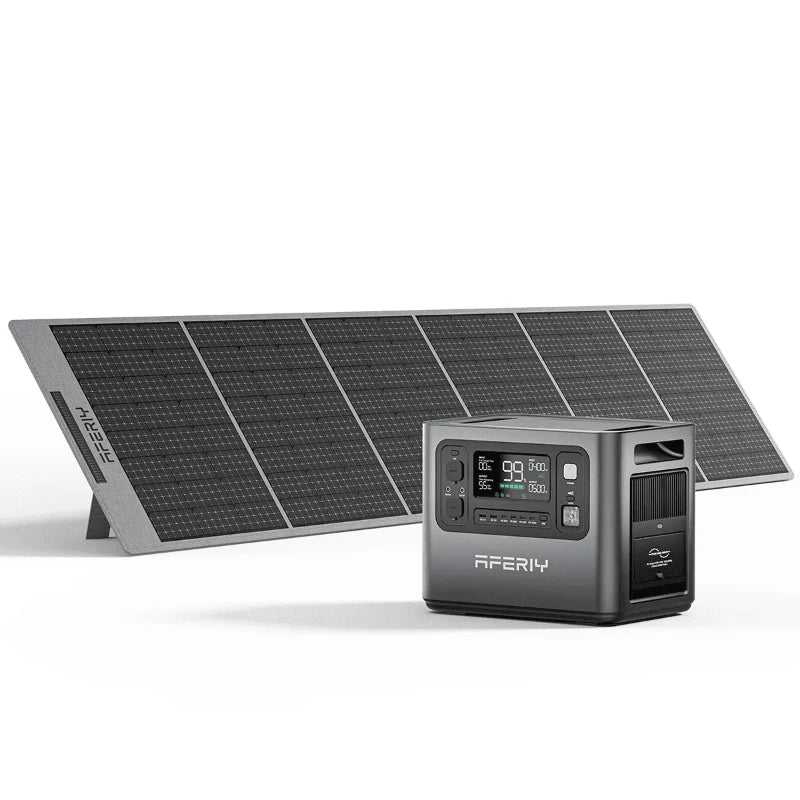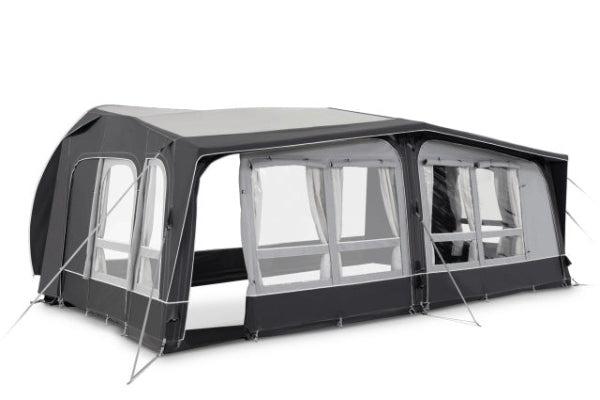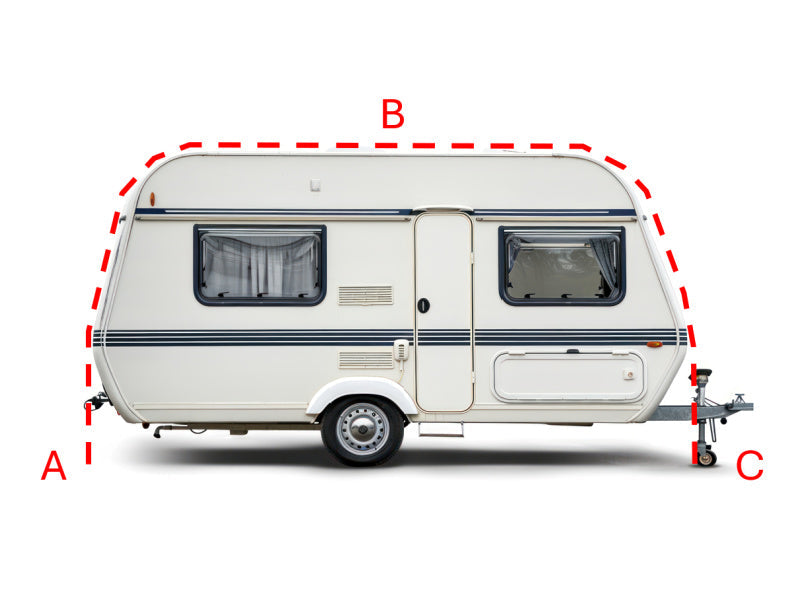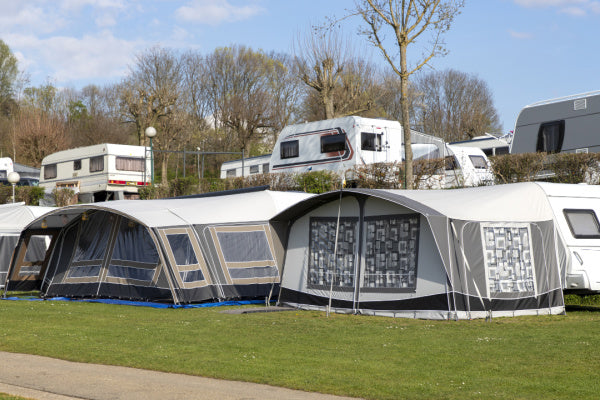Discover the Best Generator for Your Camping Trips
Tired of whispering to your flashlight and cold beans for dinner? The Honda EU22i is the best generator for camping—quiet, reliable, and fuel-efficient. But wait—solar lovers and budget campers, we’ve got options for you too. Keep reading to find your perfect camping generator match!
Choosing the Ideal Camping Generator: A Buyer's Guide to Powering Your Adventures
Camping trips offer a welcome break from daily routines, but they often leave you without power. That’s where a dependable generator becomes essential. It keeps your essentials running, devices charged, and your nights more comfortable.
Having the right equipment elevates your outdoor experience. Whether it’s for a small fridge, lighting, or simply topping up your phone, a camping generator makes a big difference.

First, What Are YOUR Camping Power Needs & Priorities?
Tent Camping vs. RV Camping (Powering basics vs. appliances like ACs, microwaves)
Tent campers usually need only basic power for lights and phone charging. RV campers, on the other hand, may be powering appliances such as air conditioners and microwaves.
Understanding your camping style is key. It directly affects the type and size of generator you’ll require.
Identifying Essential Devices: From Phones & CPAP Machines to Lights & Fans
List what you plan to use. Devices like phones, CPAP machines, fans, and lanterns all require power—some more than others.
Knowing what you'll be running helps you avoid choosing a generator that’s either too weak or unnecessarily large.
Calculating Your Wattage: Starting vs. Running Watts for Your Gear
Every device has two watt ratings—starting and running. Starting watts are higher, used to turn the device on, while running watts keep it going.
Add these together for all devices you’ll use at once. This gives you a clear target for the generator’s power output.
Key Priorities: Is it Noise Level, Portability, Fuel Type, or Budget?
Generators come in all shapes and priorities. Ask yourself what matters most: quiet operation? Easy transport? Eco-friendly fuel? A limited budget?
Your answer will guide your decision more than any spec sheet.
Top Contenders: Types of Generators & Power Stations for Camping
Inverter Generators: The Quiet & Clean Power Champions
Inverter generators are camper favourites. They’re quiet, fuel-efficient, and produce stable electricity safe for phones and laptops.
However, they often cost more than traditional models. Still, for peaceful trips, the investment is worth it.
Conventional Portable Generators: Powerhouses for Bigger Needs
These are the workhorses of the generator world. High output and a lower price tag make them appealing.
But they’re noisier and heavier—better suited for remote spots where sound isn’t an issue.
Portable Power Stations (Solar Generators): The Silent & Eco-Friendly Choice
Perfect for light use, solar generators are silent and fume-free. They recharge via solar panels and are easy to carry.
Output is limited though. They’re ideal for minimalist campers who don’t need to power heavy appliances.

Dual Fuel Generators: Versatility in Fuel Options
Dual fuel models offer flexibility—run them on petrol or propane depending on what’s available. That can be a real bonus on long trips.
However, they can be just as bulky and loud as standard petrol generators.
Decoding "Best": Key Features to Compare for Your Ideal Match
Power Output (Watts): Ensuring Enough Juice Without Overkill
You don’t want to under-power your devices, but overkill isn’t helpful either. Match your needs with the generator’s output capacity.
Aim for a model that slightly exceeds your total wattage needs.
Noise Level (Decibels - dB): Why "Quiet Camping Generators" Reign Supreme
Nothing ruins nature like a loud generator. Look for low-decibel models—around 50–60 dB is great for campsites.
Inverter generators typically perform best in this area.
Portability & Weight: Ease of Transport to and Around the Campsite
Lightweight models with built-in handles or wheels make a huge difference. Especially if your site is far from the car.
Always check the weight before buying, even for “portable” models.

Fuel Efficiency & Runtime: How Long Will It Power Your Needs?
Long runtime means fewer interruptions. A fuel-efficient model can run all night without needing a top-up.
Solar options eliminate fuel altogether—but charge times depend on the sun.
Outlets & Connectivity (AC, USB, RV-ready)
Make sure the generator has the right ports. AC outlets for appliances, USB for phones, and RV plugs if applicable.
The more options, the more flexible your setup.
Durability, Safety Features (CO-Sensing), and Warranty
Camping can be tough on gear. Choose generators with weather-resistant builds and safety features like CO sensors.
A solid warranty also gives peace of mind—especially on longer trips.
Making Your Choice: Top Picks & Considerations for Different Campers
Best Overall (Balancing power, noise, portability, and value – often an Inverter)
Honda EU22i – This is the premium pick for a reason. Quiet, compact, and highly efficient, it handles most camping needs with ease.
Output: 1.8kW
Runtime: Up to 8.1 hours
Fuel Tank: 3.8 litres
Best for Quiet Operation
Jackery Explorer1000 – A solar-powered solution with no fumes and zero noise. Ideal for peaceful, off-grid getaways.
Battery: 1000Wh
Output: 1000W AC
Solar charging supported
Best for RV Camping
Hyundai HY2000Si – Budget-friendly yet capable. Long runtime and decent wattage make it suitable for small RV setups.
Output: 1.6kW
Runtime: Up to 10 hours
Fuel Tank: 4.5 litres
Best Budget-Friendly Option
Hyundai HY2000Si (again) – Delivers solid performance at a good price. Slightly noisier, but a strong value choice.
Best Lightweight/Ultra-Portable
Goal Zero Yeti500X – Compact, rechargeable, and perfect for charging phones or lights in a tent setup.
Battery: 500Wh
Recharge Time: 4–6 hours
Ports: USB and AC
Final Check: Matching Your Top Choice to Your Calculated Needs & Priorities
Review your gear list, wattage requirements, and priorities. The best generator isn’t always the most expensive—it’s the one that fits your unique setup.
By aligning features with your needs, you’ll enjoy camping with fewer compromises and more comfort.
Other content you might like:
- Will A 2000-Watt Generator Run My Camper?
- What Can You Power Off A 2000-Watt Generator?
- Can A 2000-Watt Generator Run A Kettle?
- Do I Need a Generator When Camping?
- Which is Better For Camping, an Inverter or a Generator?
- How to Choose a Generator for Camping?
- What is The Life Expectancy Of a Portable Generator?
- What are the disadvantages of a portable generator?
- Will a 1000W generator run a refrigerator?
- How big of a generator do I need for camping?
- Should you leave a generator on all night?





Leave a comment